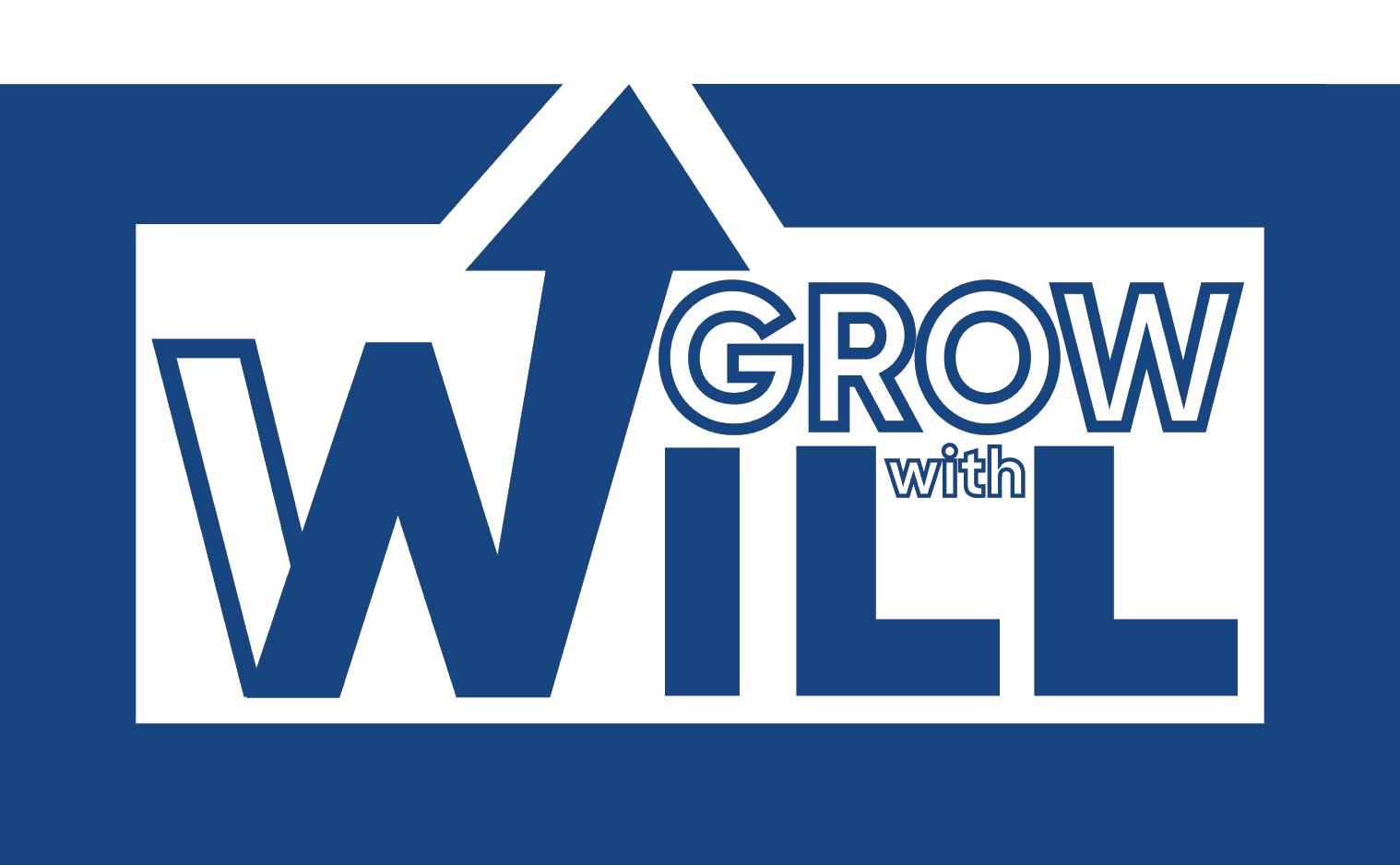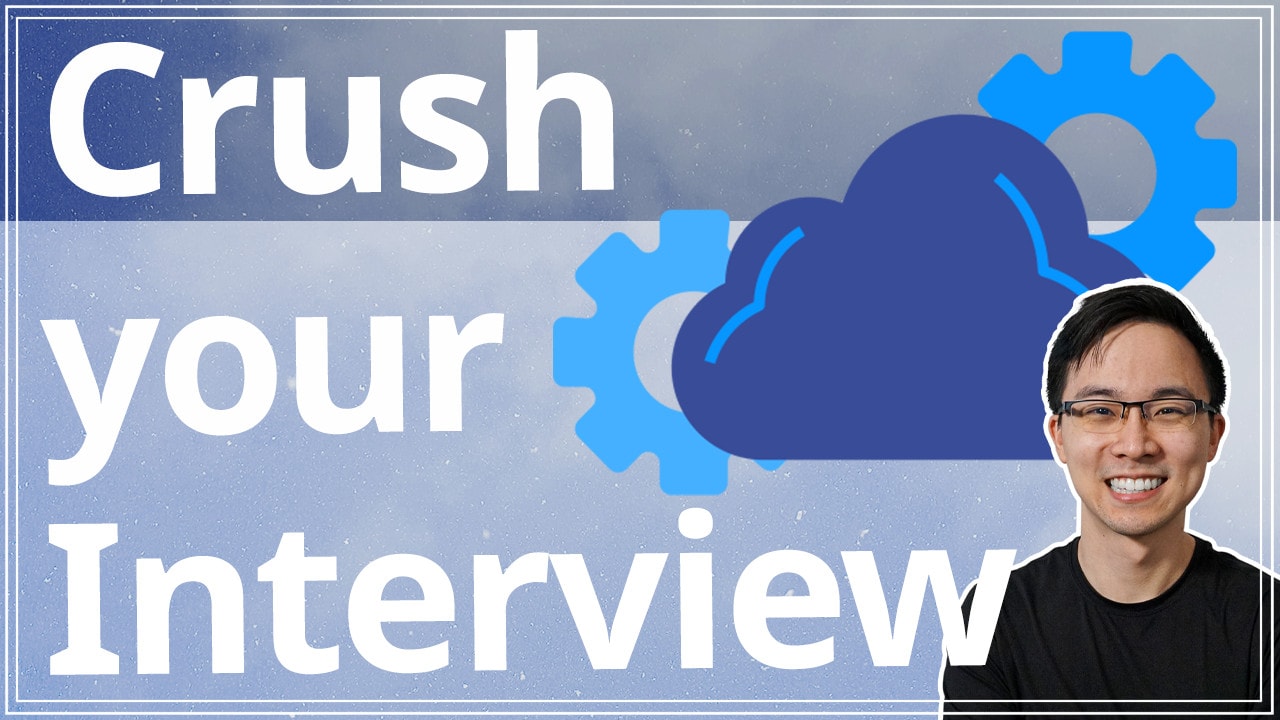Over the years, I’ve conducted hundreds of B2B SaaS sales interviews. And so in today’s article, I’m going to share with you the three steps that you can take to make sure that you are a top candidate that’s cruising along to final round interviews and getting that offer.
Step 1: Prepare your ARP
What I mean is to prepare for answers, resume, and people. For the first one answers, this is where you’re going to want to make sure that you have clear and succinct answers to the most common sales interview questions that you might be asked. You’re going to want to make sure that you follow the STAR method when you are providing your responses. Are you including the situation, the task, the actions you took as well as the results from your actions?
Here are a few common questions that you might be asked in your sales interview.
- Tell me about yourself.
- Why do you like being in sales?
- What are you most proud of in your past sales experiences?
- Where do you want to be five years from now in your sales career?
- How do you plan to get there?
Being prepared is paramount for communicating and conveying confidence in your interview. Aside from your answers though, you also want to make sure your resume is in place. A lot of the same principles apply here with the answer section in which you’re going to want to make sure that your resume is using the STAR method.
Let’s go over a good and bad example of what that might look like on your resume.
Example 1: Conducted demos every week with new products.
Example 2: Conducted 20 demos every week with new prospects, generating 250K in new business pipeline and 100K in closed sales.
What’s the difference between number one and number two?
Well, number one is super broad and could be said by anybody that’s ever taken a sales role. Whereas number two is clearly conveying that I got results for my work. So it’s really important that you are communicating the results that you’ve had in your past experiences. Even the case where you have no prior sales experience, what you can do is you can still communicate the results and impact that you had on the past job that you have taken on.
The third thing you’re going to want to figure out in this first step is to figure out who is going to be interviewing you. And if you don’t know, you should try to figure that out or at least figure out the profiles of the sorts of people that might be interviewing you. You’re going to want to look up their LinkedIn profile and scribble some notes down as to things that you might want to ask them in the question section at the very end of your job interview.
The reason why I want to do this is because I want you to think about it from the lens of the interviewer. Who am I going to ultimately remember at the end of a week where I’ve already interviewed 10 different people? Am I going to remember the person who just showed up and answered my questions? Or am I going to remember the guy that clearly had done prior research on me and wanting to learn more about me because he or she was interested in my background.
Nine times out of 10, assuming that both candidates are comparable in their past experiences, I’m going to choose the second person because they showed an interest in me as a person. What you’re aiming to convey in your job interview is that you are eager, that you’re a good fit for the job, as well as for the culture of the company, as well as that you are prepared for today’s interview.
When it comes to specifically B2B SaaS sales, you also want to ideally convey that you are tech-savvy and that you are a quick study. The reason why is because a lot of B2B SaaS sales companies are looking for a quick ramp-up time before you become a fully functional sales rep.
Step 2: Do your due diligence on the company
Now I’m going to assume that you’ve already looked at what the company does before you submitted your resume, but even in the case where you were just doing a spaghetti on the wall and see what sticks approach you now have an interview. So you should be doing some more research about the company and what they’re all about.
You want to make sure that you’re able to answer questions like, what is the company all about and where are they headed in the next few years for their mission and their vision. And what is it like to work at the company?
If you want to learn what it might be like to work at the company, the best ways to either network with people at the company, or to look up the class store and the company and learn what past and current employees are saying about them. Aside from these more general things though, I also recommend that you take some time to dig into the product itself.
Learn about what their latest releases have been so that you can demonstrate that you did clear research about their product and that you care a lot about the solution that they are providing for their customers. In general tech companies love it. When sales reps have a clear alignment with what they are selling and the customers that their company is serving.
This is also a great time for you to re-read the job description and prepare some follow-up questions for your interviewer if anything is unclear. If you want to know five things not to do in your sales job interview, check out our article here.
Step 3: Perform on interview day
At this point, you’ve got everything you need to crash this interview. Now it’s all about just showing up and doing your best job. Even in the case where it doesn’t go well, it’s really not a big deal. Just send your application out for a few other people and land on their job interview.
Over time, just like in sales with more repetitions, you’re going to get more comfortable with your answers, get more precise in using the STAR method and be able to be a top performer in these interviews. Being completely honest, one of the top reasons why I don’t move some candidates to the final round is not because they’re nervous, but because they don’t adequately prepare for the interview. Oftentimes, candidates that I’ve passed on show no alignment to the role that I’m hiring for, or just little to no excitement about the company itself.
So whenever it comes down to a head-to-head matchup, I always value enthusiasm and alignment towards the culture of the company, as well as the work itself in assessing candidates. In the case where it’s a remote interview, you might find it useful to jot down a few key things that you want to highlight in your interview. So that in the case where you get frazzled, you can look quickly at your cheat sheet, and then from there, give a direct response.
Big takeaways
There are two things that I want you to remember from today’s article:
- The first one is be precise with your preparation. The more precise you are at the better prepared you’re going to be for your interview.
- The second big takeaway is be primed and prepared for game day.
If you liked this article, be sure to check out my YouTube channel to get new videos every single week. I’ll help take you from zero to self-starter as you grow your business, get more customers, and hone your business acumen. Also, feel free to share this with anybody that you think might benefit from learning how to better prepare for a SaaS sales job interview.

